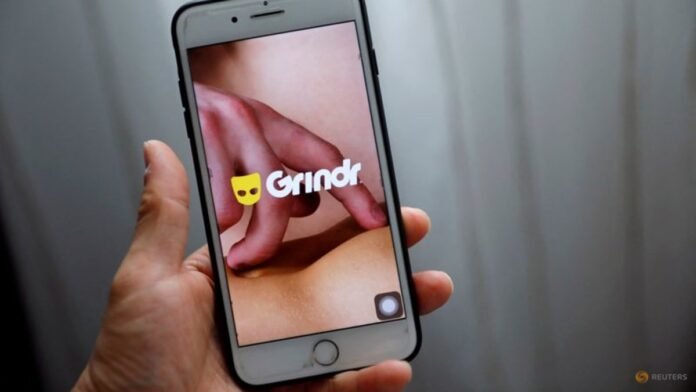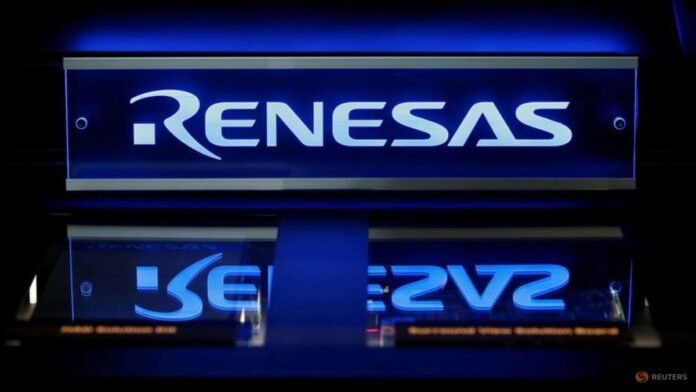The U.S. Supreme Court said it will not change the federal law that shields tech platforms from being sued for user‑generated content. The decision keeps Section 230 of the Communications Decency Act in place—a law that has long protected companies like Facebook, Instagram, Twitter, and TikTok when they moderate posts.
The Court’s ruling comes after a lawsuit from a group that argued the law was too vague and could lead to unfair restrictions on free speech. The plaintiffs contended that the broad language could be used to silence legitimate content and to penalize platforms for content they did not create.
Justice John Roberts, writing in a majority opinion, rejected that argument. “Section 230 was designed to encourage dialogue across a diverse range of voices,” he said. “The law was, and remains, essential for keeping the internet open.”
State lawmakers, especially in the Senate, were split. Some say Section 230 should be trimmed to prevent manipulative political content and misinformation. Others warn that cutting the law would choke smaller platforms and prisons friendly startup.
The vote did not touch the ongoing debate about how to regulate big tech’s influence on elections. For now, however, the Supreme Court has confirmed that the federal protections remain.
Tech companies tout the decision as a blessing that safeguards them from lawsuits over user posts. In the meantime, advocates for tighter regulation are looking for new ways to tighten the law without removing the safe‑harbor framework that keeps the web connected.
Stay informed on all the latest news, real-time breaking news updates, and follow all the important headlines in world News on Latest NewsX. Follow us on social media Facebook, Twitter(X), Gettr and subscribe our Youtube Channel.



